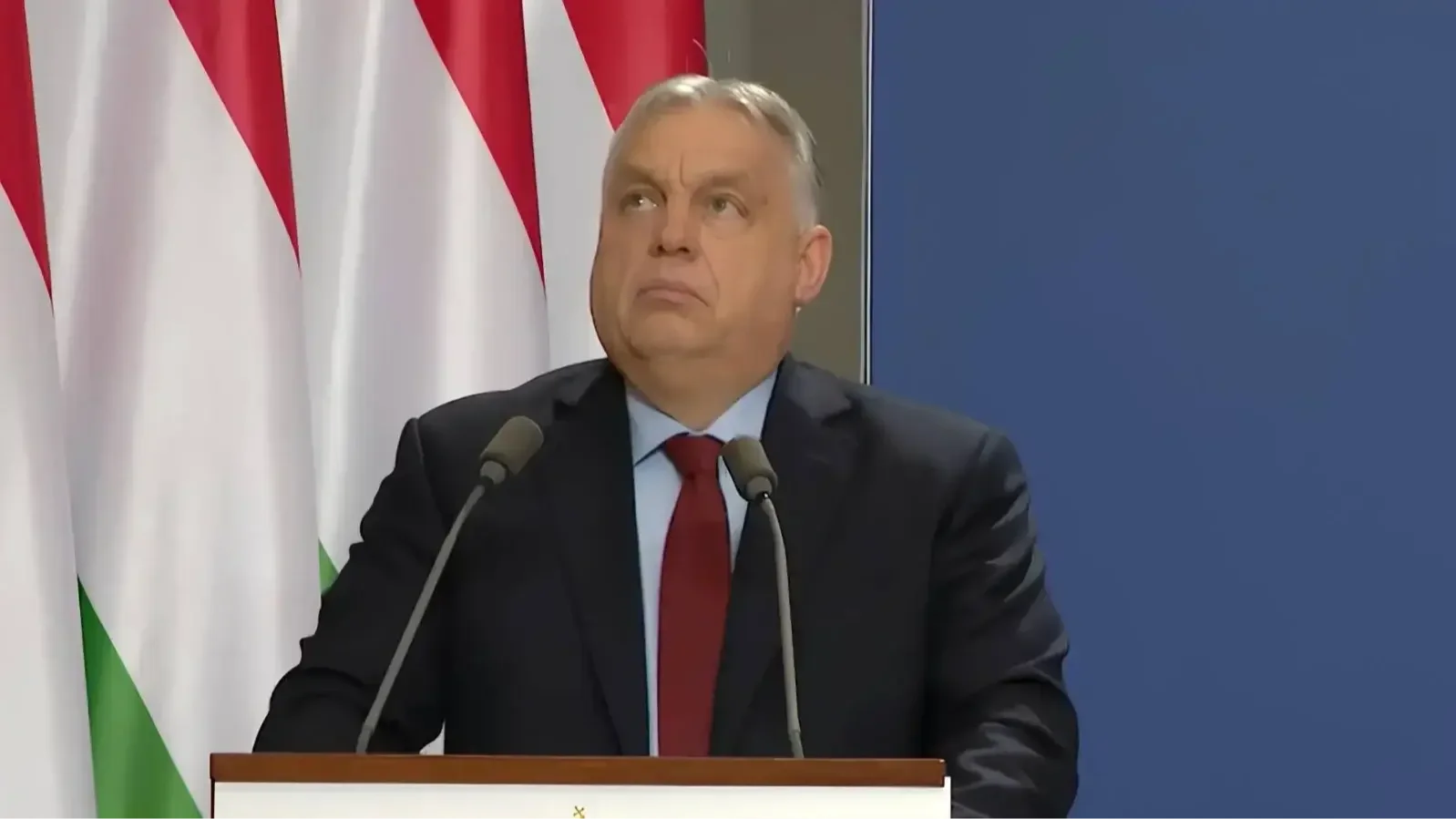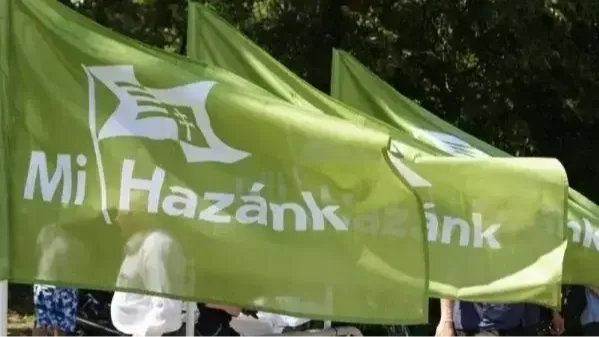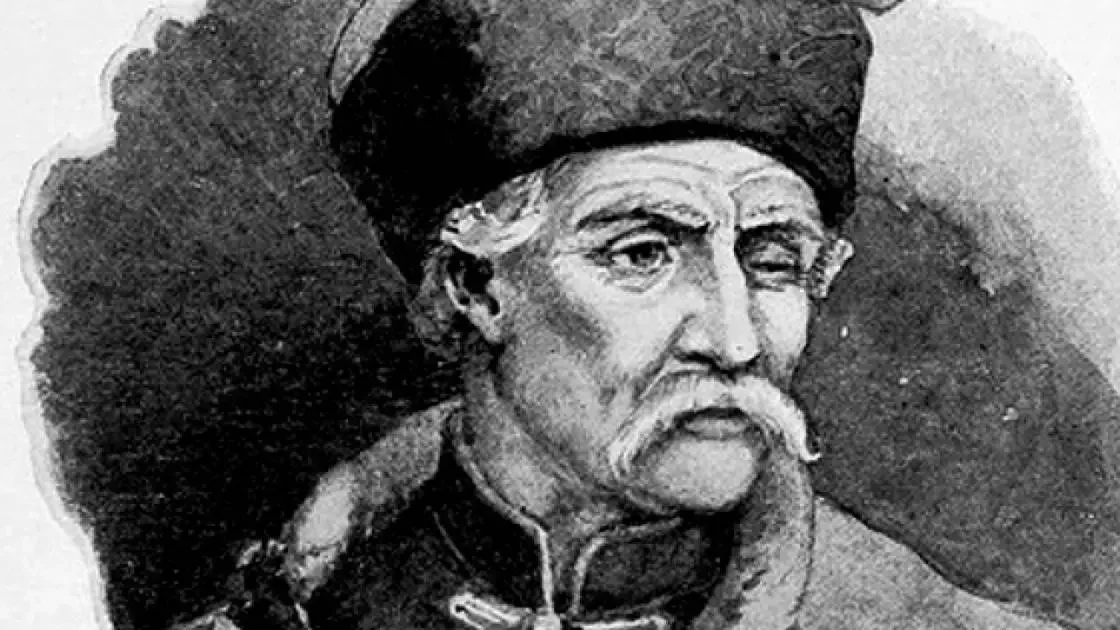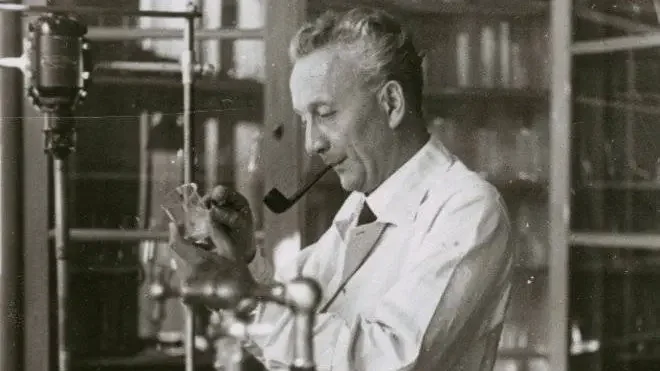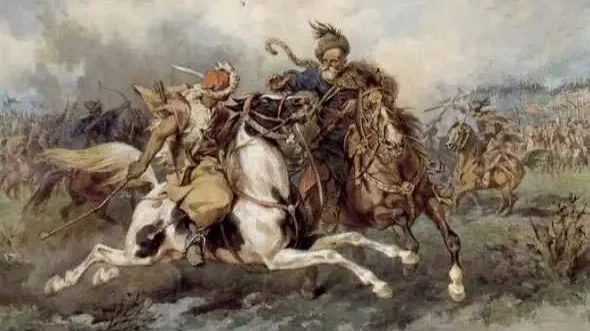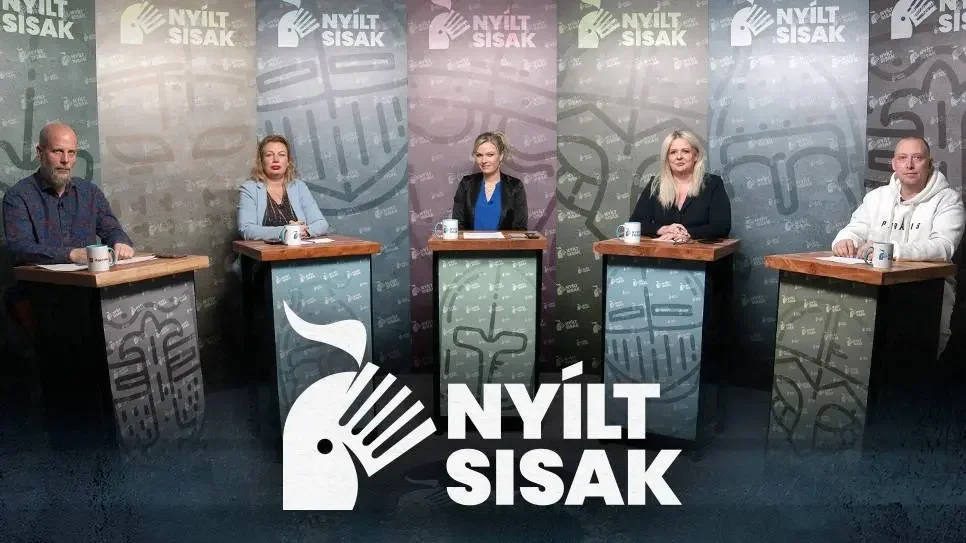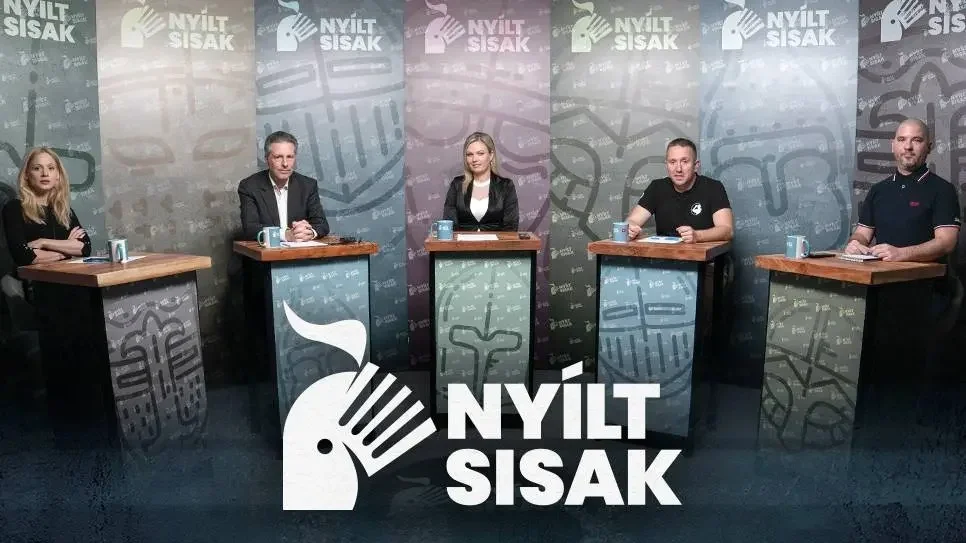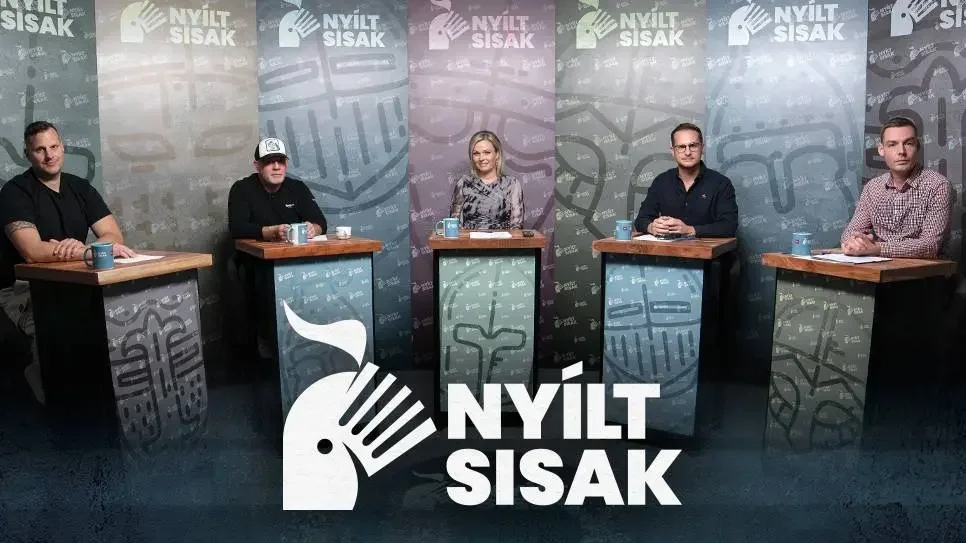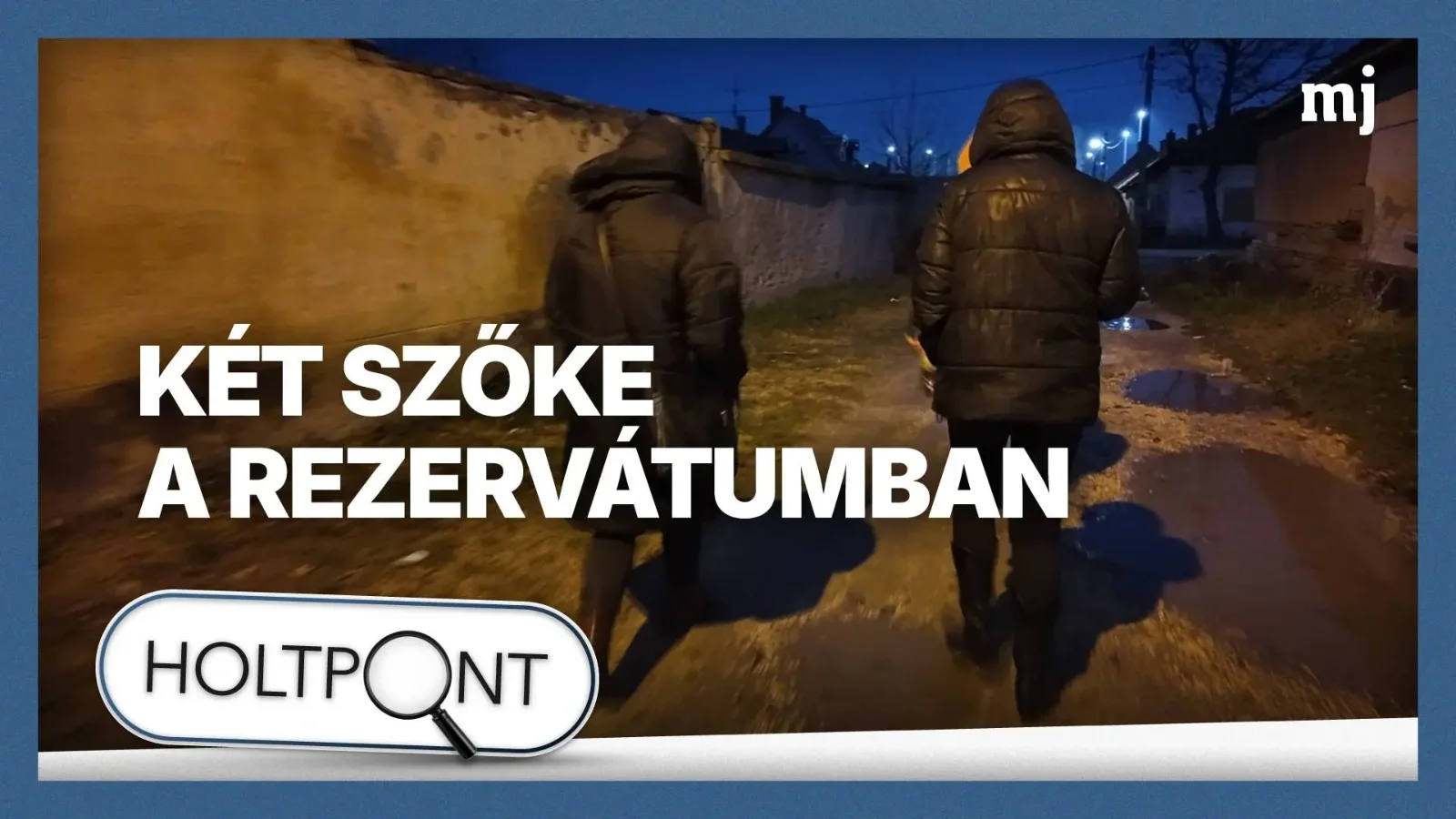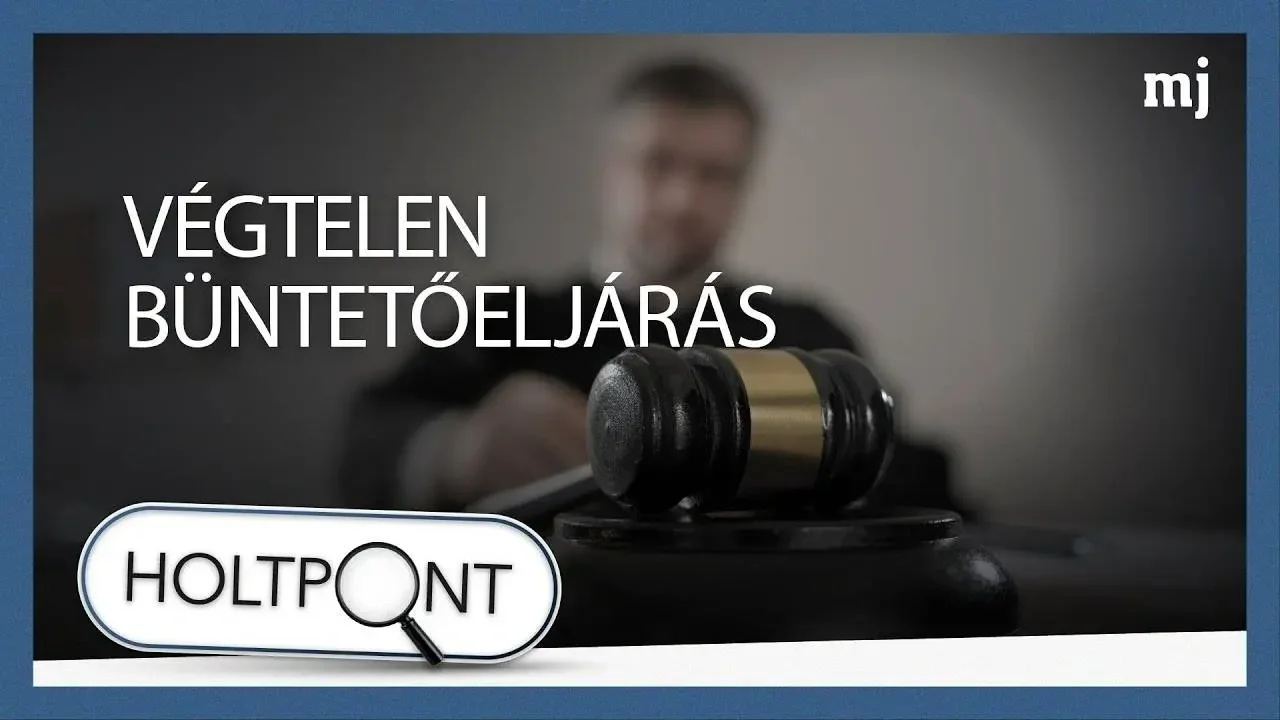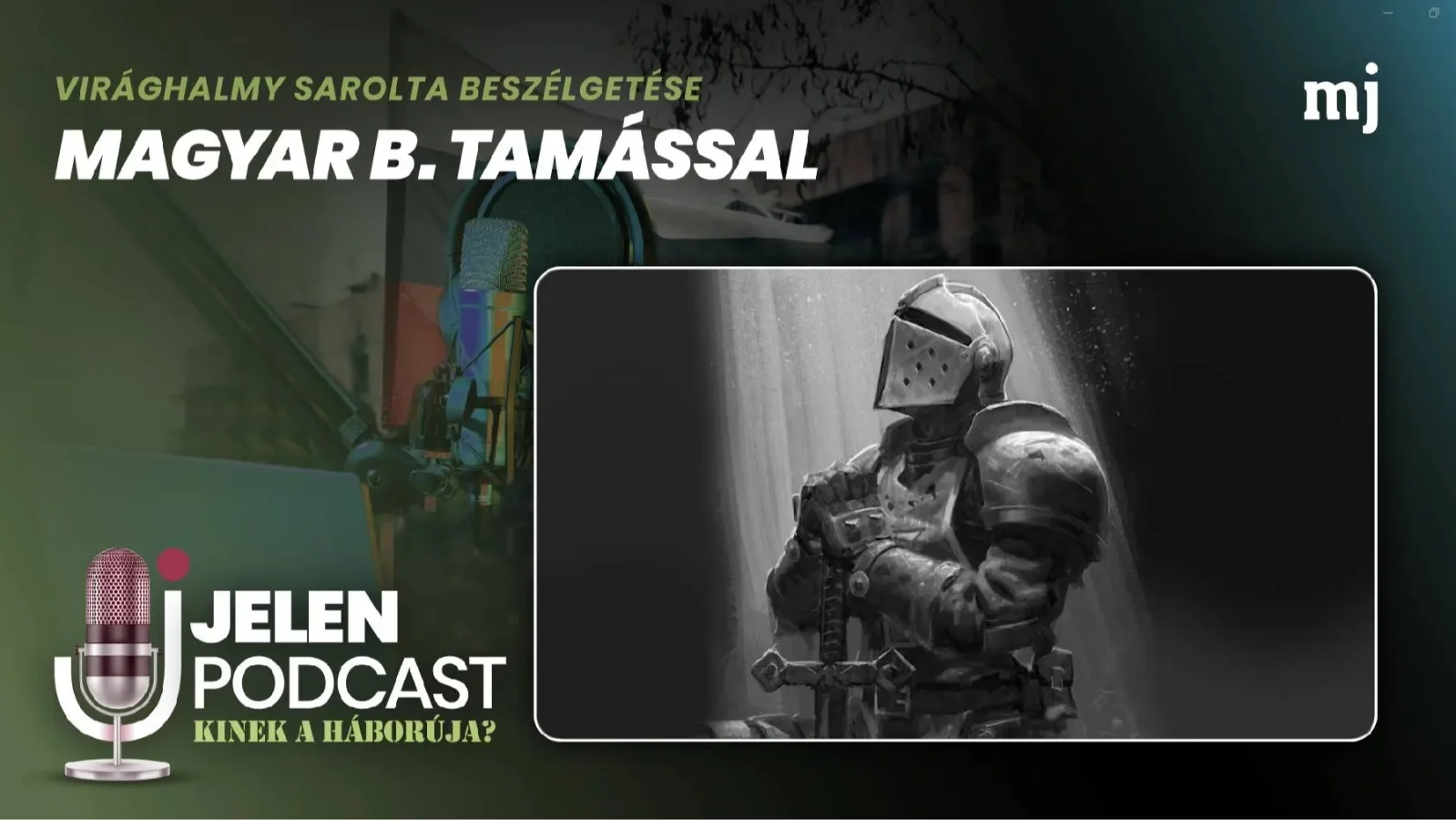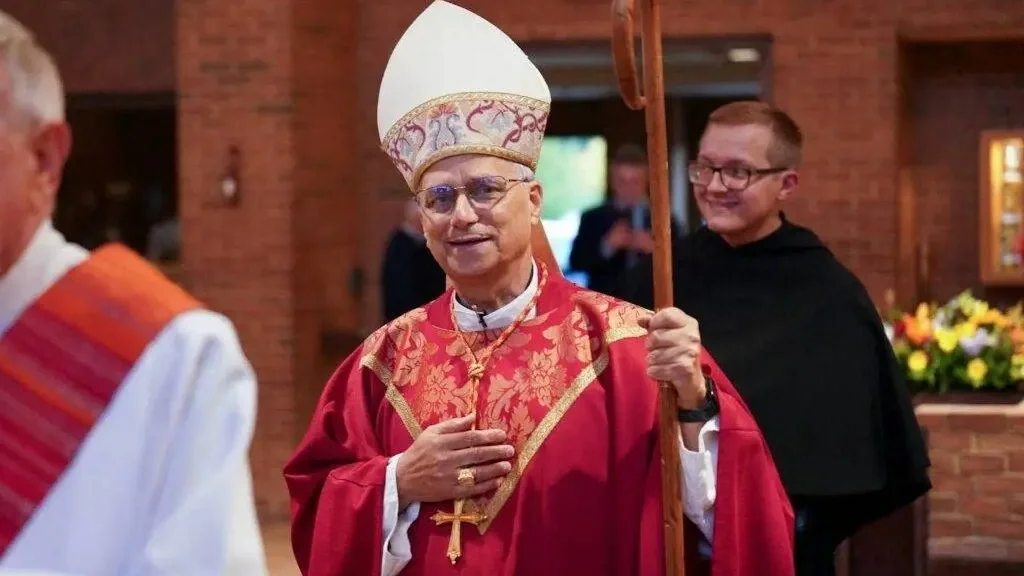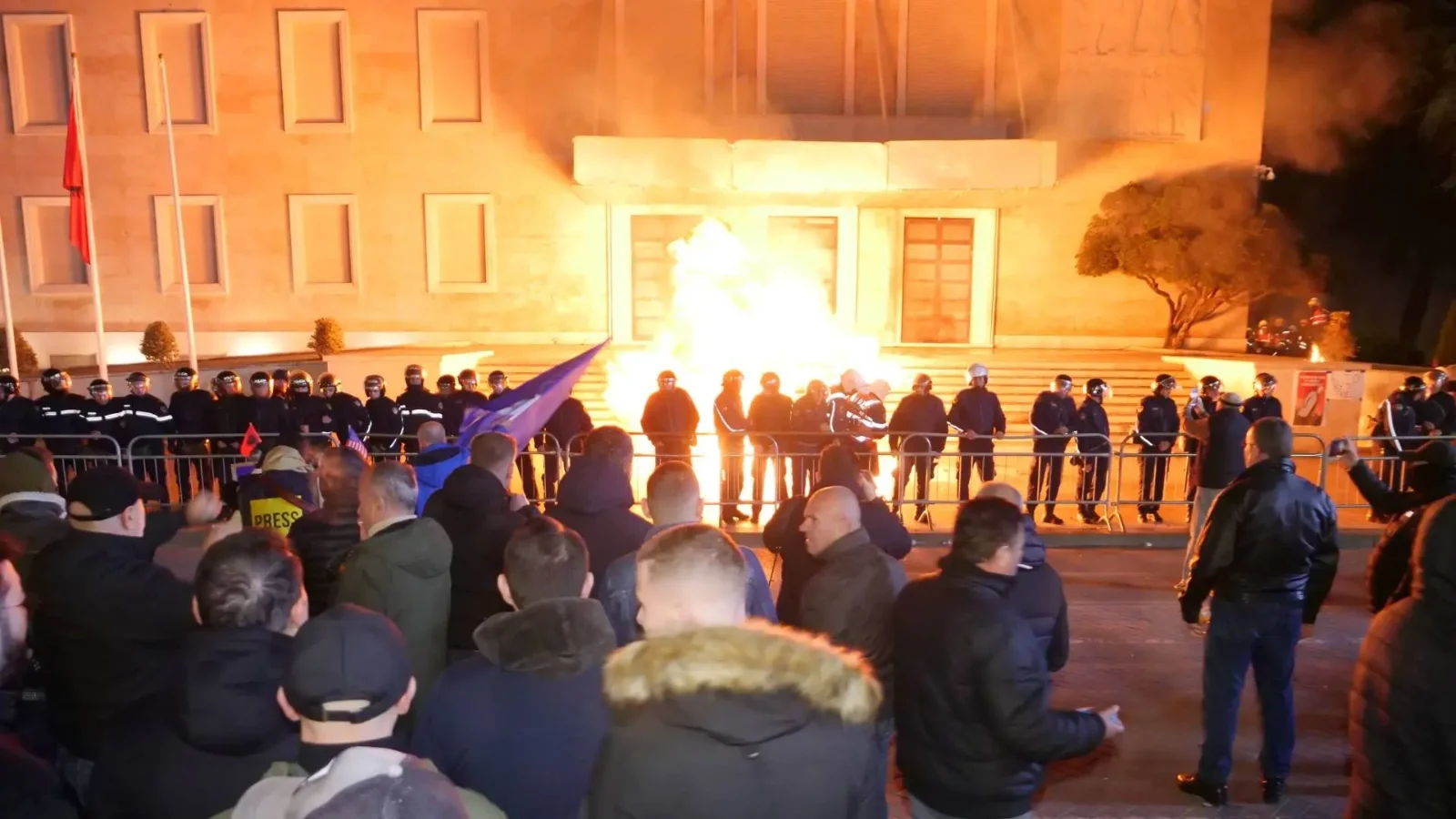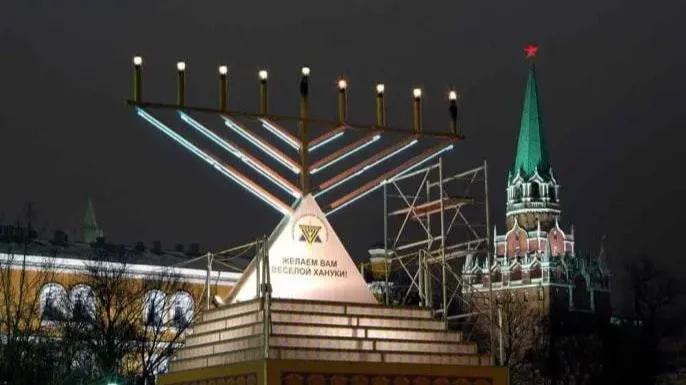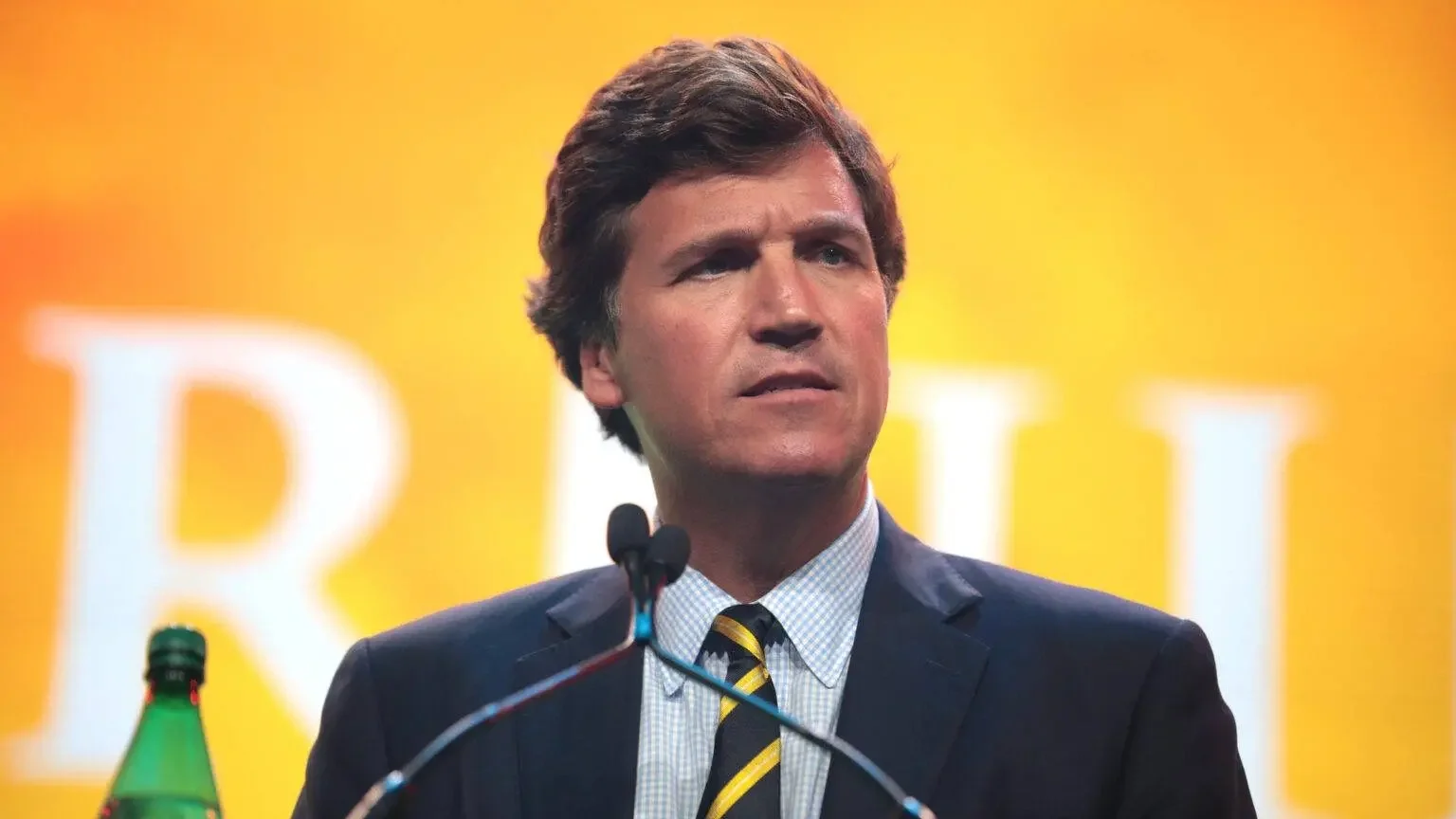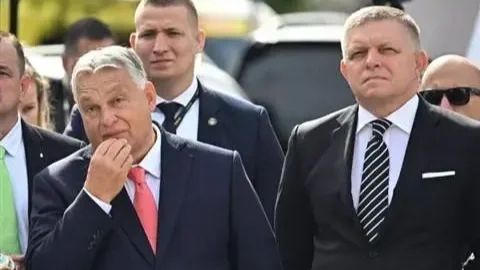Fighting for Votes: László Gy. Tóth's Situation Analysis Part II
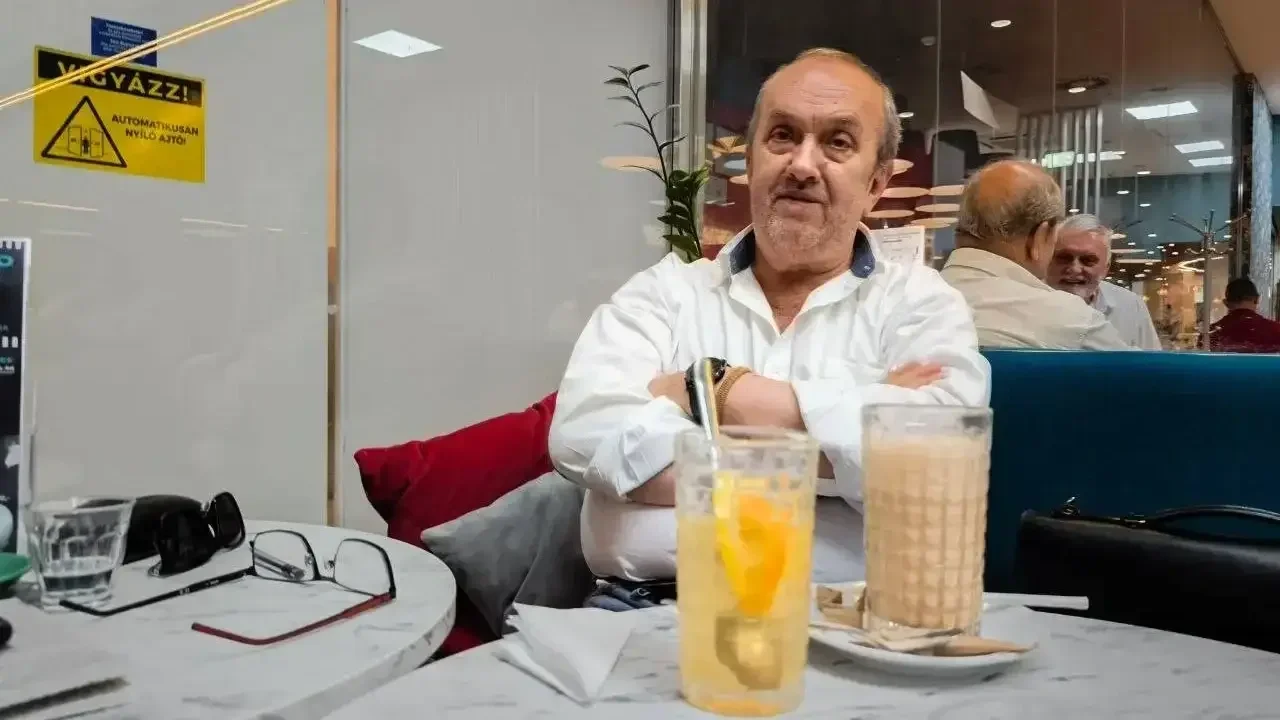
Translation of an article originally published in Hungarian by Magyar Jelen on August 24, 2025 by Tibor Tölgyesi.
In the first part of our interview, we analyzed the decline in popularity of Fidesz and Viktor Orbán. In this final part, we examine the prospects for Mi Hazánk and the potential role of foreign involvement in Hungary’s 2026 elections.
— Both Viktor Orbán and Péter Magyar make appealing promises in their public statements. Can politicians later be held accountable for their earlier promises?
— Unfortunately, they can only be held accountable in two ways: morally and politically. According to the principle of civil democracy, there is an election every four years where the people elect their representatives and authorize them to exercise power. What they promised beforehand and what they actually deliver afterward is ultimately irrelevant, because once they have won the election and hold a parliamentary majority, they have enormous freedom of action within the legal framework. This is especially true in the case of a two-thirds majority.
Legally, however, they cannot be held responsible, since promises are not considered a legal category and therefore cannot be sanctioned. Vote-buying is not considered a crime for the same reason. A government facing an election can distribute as much money as it wants to secure votes, and parties can promise whatever they like beforehand. If voters believe these promises, they will elect them. If it later turns out there is not as much money as was promised, they are forced to confront economic reality, and that is when austerity measures follow. Hungarian history has seen several such examples, since every party that seeks to govern uses this method to a greater or lesser extent.
— Does anyone still have an electoral trump card left to play at the last moment?
— Certainly. Both sides are holding such cards, and when they choose to play them always depends on the situation. At the same time, I see that these surprises are having less and less effect. Those who have already committed themselves to Viktor Orbán or Péter Magyar are now very difficult to sway. So the real battle is no longer for the committed, but for other voters: traditional leftists and liberals. There are fragmented parties and associations from post-communist, socialist, and liberal backgrounds, and these are the votes that need to be won, along with those of the undecided.
— How many parties do you think will make it into parliament? Besides Fidesz and Tisza, Mi Hazánk and DK are also trying to get in. We have already discussed the first two, but what about the other two?
— DK’s chances of entering parliament look minimal. Mi Hazánk’s success will fundamentally depend on mobilization, on how effectively it can run a campaign that reaches voters. It is important to recognize that a large portion of Mi Hazánk’s supporters, especially those living in rural areas, have become profoundly and irreversibly disillusioned with Fidesz.
Hungary is in this difficult situation because of Viktor Orbán’s policies, not because of Péter Magyar. At this moment we cannot know what Tisza and Péter Magyar would be capable of, but we can already see that Hungary’s economic situation is highly uncertain and its foreign policy unpredictable. The Orbán camp blames the war for these difficulties, but then how is it that, for example, the Czech Republic is growing at four percent? Why are they not affected by the war’s negative effects? Hungary’s weak economic position is not because of the war, but because the government’s economic policies are simply flawed. Several economists, even those linked to Fidesz, have already spoken out about this.
— Fidesz often refers to foreign forces interfering in Hungarian domestic politics, and even suggests they might support the opposition in the elections. What are the chances that the elections will not be fair?
— There are two types of answers to this question. In today’s world, no one can ever be certain that their elections will not be subject to attempts at influence by various political and economic interest groups using diverse methods. In addition, the role of intelligence services cannot be overlooked.
Turning specifically to the Hungarian elections, let us consider a few countries:
The United States currently has no interest in interfering in the Hungarian elections, since the relationship between Orbán and Trump is satisfactory from the U.S. perspective.
Israel likewise does not want to interfere in the Hungarian elections, as Viktor Orbán serves Israel’s and the Jewish community’s interests to such an extent that it is clearly of utmost importance to them that he remains prime minister.
From China’s point of view, we are not important enough for them to interfere in any way. Although it is advantageous for them from an investment perspective that we are within the EU—giving them access to EU markets through us—this does not carry such significant weight from China’s perspective.
Russia also has no interest in interference, since a relatively good relationship still exists between Putin and Viktor Orbán today. Moreover, Hungary’s frequent confrontations with Brussels serve Putin’s interests, as this destabilizes the EU and even NATO. So ultimately, it is in Russia’s interest for Viktor Orbán to remain in power.
Our relationship with the European Union is the most complicated because this is a federal system in which we ourselves are members. Presumably, there will be some EU countries that oppose Orbán’s policies and may attempt to interfere. However, within the EU there are also quite a few member states, political parties, and groupings that support Orbán. In my opinion, these two opposing forces will largely cancel each other out.
— So, representatives of three or four parties will sit in parliament, but when will it become clear whether Fidesz retains its leading role or Tisza comes to power?
— I consider it most likely that this will only be decided almost at the last moment, sometime next spring. The situation is so extremely tense that I would not even rule out the possibility that passions will boil over. If the level of mutually incited hatred continues to rise and tensions reach that critical point where an explosion becomes likely, then even events resembling civil war could occur in Hungary. Moreover, I would not exclude—regardless of which party wins—that whoever ends up in the losing position will refuse to acknowledge the winner, and instead organize demonstrations, mobilize supporters, and plunge the country into chaos.
There is no doubt that a parliamentary election is always an important event in a nation’s life, but now the stakes may be higher than ever before. Will Viktor Orbán and the NER remain, or will a completely new era begin? Since nothing has been decided yet, everyone will pull out all the stops, and in 2026 the often-repeated slogan will be truer than ever: “Every single vote counts!”
Context for International Readers:
Political Background:
• NER (System of National Cooperation): More than just a political system, it is a comprehensive network of political, cultural, and economic institutions, along with private corporations, all closely aligned with Viktor Orbán and Fidesz.
• DK (Democratic Coalition): A left-liberal opposition party led by Ferenc Gyurcsány, Hungary's former prime minister.
• Two-thirds majority: In Hungary's parliamentary system, a two-thirds majority enables constitutional changes and grants significant legislative power.
Electoral Context:
• Vote-buying: In Hungary, this refers to the strategic use of government resources and public spending (such as subsidies, benefits, and public works programs) distributed before elections to influence voters. This practice has historically been used by various Hungarian parties when in power, with Mi Hazánk being one of the few exceptions. While ethically questionable and creating unfair advantages, it is not legally classified as corruption.
• Fragmented opposition: Describes the current divided state of Hungarian opposition parties, including various post-communist, socialist, and liberal groups that struggle with coordination and organizational unity.
International Relations:
• Trump–Orbán relationship: Both leaders have maintained friendly relations, with Trump publicly praising Orbán's leadership style.
• Brussels confrontation: Refers to ongoing disputes between the Hungarian government and EU institutions over issues such as national sovereignty, traditional values, and decision-making authority.
• Czech Republic comparison: Used as an example of a neighboring EU country with stronger economic performance despite similar exposure to the war. The comparison also underscores that the Czech Republic implemented accountability and reform after communism, unlike Hungary, where many former communist officials transitioned into the post-1989 elite without facing consequences.
Az X- és Telegram-csatornáinkra feliratkozva egyetlen hírről sem maradsz le!
Mi a munkánkkal háláljuk meg a megtisztelő figyelmüket és támogatásukat. A Magyarjelen.hu (Magyar Jelen) sem a kormánytól, sem a balliberális, nyíltan globalista ellenzéktől nem függ, ezért mindkét oldalról őszintén tud írni, hírt közölni, oknyomozni, igazságot feltárni.
Támogatás
